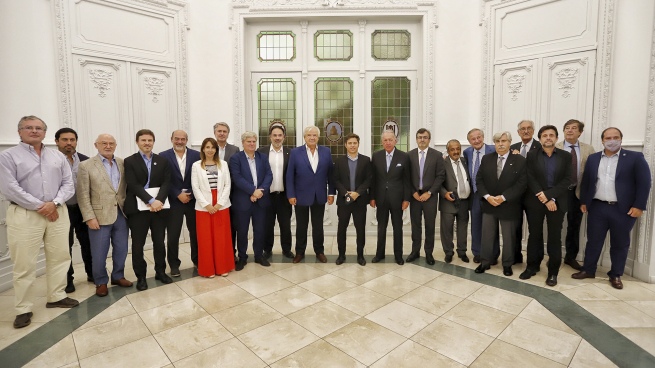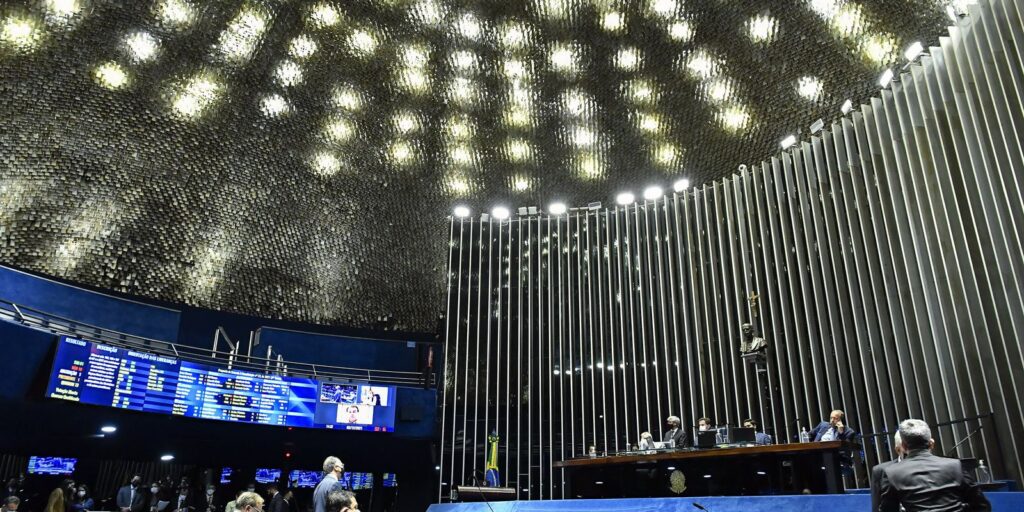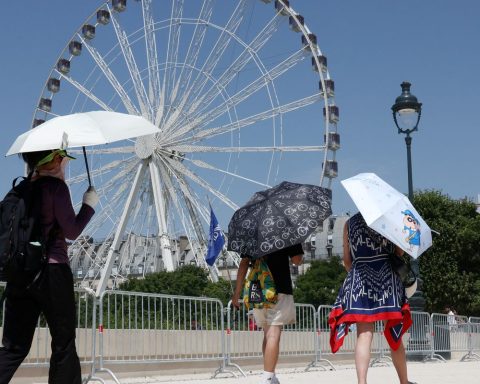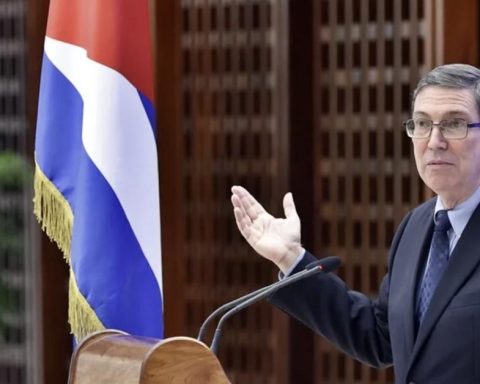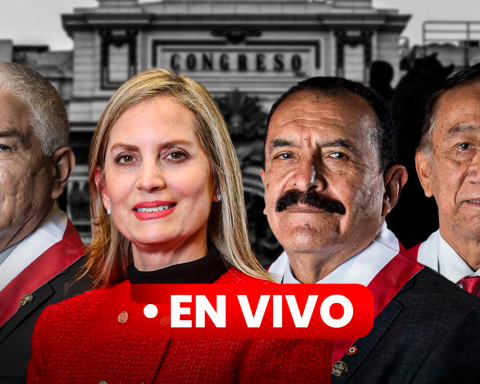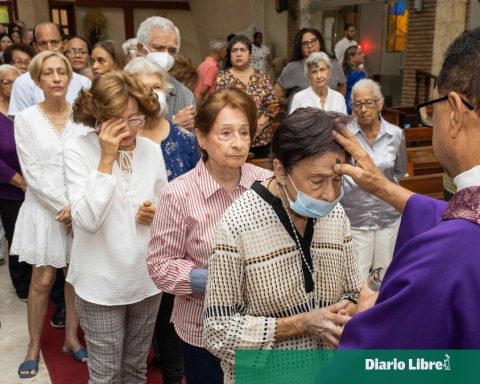The Buenos Aires governor, Axel Kicillof, warned that there are “prices of war and a collective solution must be sought, not a sectoral one” and criticized those who take advantage of this unfavorable context to “take away something partisan”.
Kicillof made these statements after meeting with the Argentine Industry Union (UIA) to analyze the situation in the sector, after which he assured the C5N channel that “I found a good predisposition and welcome” from the businessmen in that area.
“I get a favorable report on how the industry has rebounded, favorable report on how the industry has rebounded first since the change of government; how it survived the pandemic in large part because of public policy and the huge recovery last year,” he stressed.
“Then they left us the ‘white paper’ with development proposals and valued the support policies from Banco Provincia and what Nación did”said the Buenos Aires president.
He remarked that “I told you that we had a crisis of neoliberalism, where the industry fell 20 points; then the change of government and immediately the pandemic, and today The recovery has us above the pre-pandemic numbers but still below what was before (the government of former President Mauricio) Macri.”
He recalled that “we came from four years of a model that attacked the industry with a scheme of dollarized rates; high interest rates; import opening; and destruction of wages,” Kicillof affirmed, adding: “That combination destroys our productive apparatus and promotes indebtedness for financial speculation”.
“We took over with the aim of putting an end to this model and establishing public policies that allow us to promote industrial production, especially from small and medium-sized companies.” “We started a new model that generates genuine work, betting on salary recovery and investment,” he indicated.

During the meeting, the present of the industry in the province and the challenges for the current year in terms of investments, job creation and infrastructure were analyzed. At the beginning of the meeting, Funes de Rioja shared the document “UIA Proposals for a federal, sustainable and inclusive productive development”, carried out by the technical departments, the Study Center and the partners of the institution to address a productive agenda for the long term with axes in investment, employment, training, SME development, business dynamism and exports.
In addition, Martín Rappalini, president of the Industrial Union of the province of Buenos Aires (UIPBA); and Silvio Zurzolo, president of the Association of Industrialists of the province of Buenos Aires (ADIBA), presented the institutional work agenda for 2022.
repercussion of the war
Kicillof stressed that “we are again facing immense challenges, product of the impact generated by the war in Europe and the international uncertainty in food and energy prices”. “Our commitment is to defend the industrial and productive sector at this juncture that requires measures in accordance with an exceptional situation,” he said.
He explained that they also spoke “of the situation caused by the war in Europe on the industry. There are three factors affected by war, and one is food. Yesterday the cover of the New York Times talked about the war causing a food war, because the big food suppliers are in the conflict and it affects the supply, and that generated an inflationary situation.”
He recognized that “we are food producers, so access to food must be guaranteed at reasonable prices.”
“Another factor affected is energy.. Russia supplies 19% of the oil and 25% of the gas, which has generated a problem of supply shortages and world prices. And the liquid gas also grew a lot,” he pointed out.
He stressed that “what we are talking about is that we are in a situation of war over food, fuel, energy, rates. And that makes even the agreement with the International Monetary Fund old, because the prices of energy, food, interest rates have nothing to do with today’s war prices”.
“In a war situation, what there are are prices of war and before that they raised the need to create tables to address issues, such as energy, for example”, Kicillof said.
He questioned that “in a situation of war, the last thing I would expect in the face of such an overlapping crisis is an opportunistic and partisan look” from the opposition.
“In the business community I found a good predisposition,” he said, and insisted that “today we have war prices that can affect society as a whole and we must seek a response, not sectoral but collective.”
“You cannot benefit some with prices and harm others. And that is shared by businessmen,” he specified.
We held a meeting with authorities from the Argentine Industrial Union, along with @CostaAugusto9 and @ArielFerAguilar.
hand in hand with the program #6×6 We are going to continue drawing up a common roadmap to accompany those who choose to produce and generate work in the PBA. pic.twitter.com/uGLrnAbhrV
— Axel Kicillof (@Kicillofok) March 22, 2022
Kicillof emphasized that “in a circumstance as exceptional as a war in Europe, in the face of a pandemic, solutions must be found. I saw a constructive spirit on the part of businessmen, but there are always those who want to take something in favor with a troubled river. But here, in the UIA, I had a constructive reception”.
“The businessmen spoke to me about the opportunities, but the opportunities must be shared equitably and never on the back of those who have the least. In the province of Buenos Aires we cannot have one more adjustment, one more deterioration,” he concluded.
For its part, Coast He specified that “during the meeting we reviewed the concerns of the Argentine industrial sector, emphasizing those that Buenos Aires can contribute as the country’s main industrial province.” “We analyze the situation, the challenges of our industry and how public policies can boost the productive sectors”he stressed, and valued “the constructive and coordinated dialogue carried out by the public and private sectors.”
